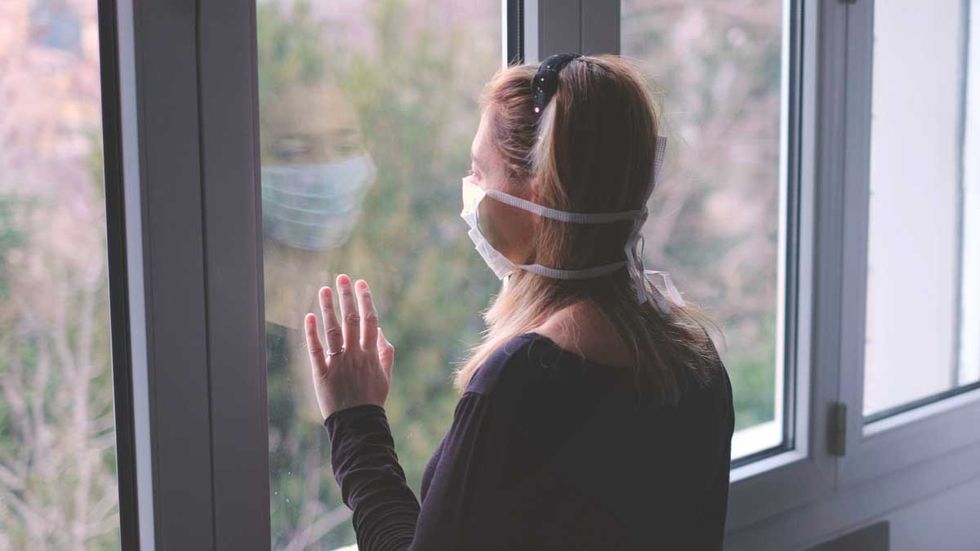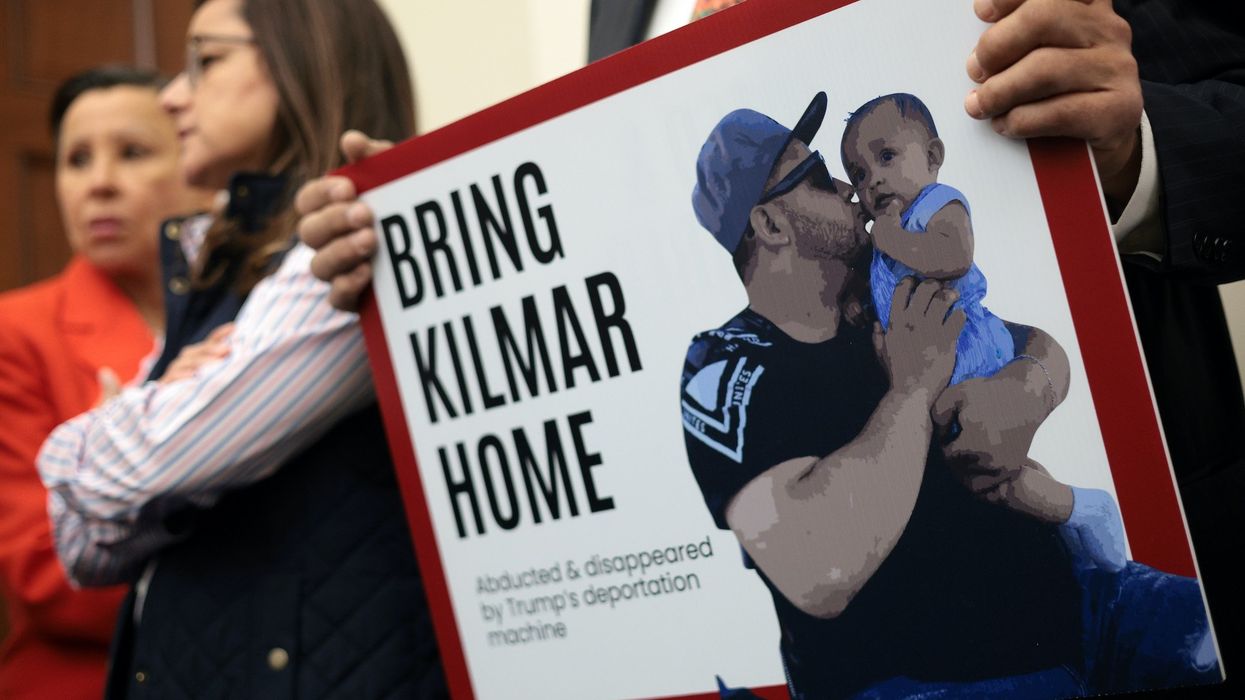
© 2025 Blaze Media LLC. All rights reserved.
Horowitz: New study: 2.1% of the population will suffer an average 9.7 years lost due to lockdown trauma, mental health problems
April 29, 2020
Do you chop off someone’s head to treat an ailment? The illness might be mild, moderate, or severe, but obviously killing the person altogether is certainly not an option. This simple analogy as applied to national health and well-being is something most Western governments never took into account when, for the first time in history, they executed severe lockdowns, rather than targeted quarantines, to deal with a virus.
None of these governments have endeavored to model how much life will be lost from the shutdown of physical health care treatments, the trauma and mental health consequences of the shutdown, and the cascading physical and mental toll of mass unemployment and national depression. Now a group of Swiss and American researchers have conducted a study to try to quantify at least the mental and emotional toll on the populations affected and the corresponding years of life that will be lost forever.
“The study projects that the average person would suffer 0.205 YLL [years of life lost] due to psychosocial consequence of COVID-19 mitigation measures. However, this loss would be entirely borne by 2.1% of the population, who will suffer an average 9.79 YLL,” the researchers concluded.
“As a general rule, the present model erred on the conservative side when choosing YLL.”
The group of psychiatrists and child physiologists from institutions such as the University of Bonn, Lausanne University Hospital, and Mount Sinai in New York City focused on the short-term and long-term psychological consequences of a three-month shutdown on years of life lost in Switzerland. The consequences they factored in were suicide, depression, alcohol use disorder, childhood trauma due to domestic violence, changes in marital status, and social isolation – all due to the public policy decisions. The direct impact of economic decline, financial hardship, or daily lifestyle changes were not factored in, only adverse mental health effects.
The researchers first estimated the average number of individuals affected by these six adverse psychological conditions in Switzerland in a normal year and how many corresponding years of life are lost cumulatively by those people. Then they used modeling to ascertain how many extra individuals and corresponding years lost would result from the lockdowns, assuming the policies remain in place for three months.
The results of the model show that roughly 180,000 Swiss, or two percent of the population, will lose years of their lives, with the average affected individual losing 9.79 years. That adds up to about 1.8 million years of life lost. For the United States, they extrapolate the data to show that, using the same methodology, the result would be a cumulative loss of 67.58 million years of life nationwide. If we assume the same percentage in America would suffer severely from these same adverse mental health issues, it would mean 6.9 million Americans would lose an average of nearly 10 years of their lives.
It should be noted that America has a much more severe baseline drug addiction problem than Switzerland. As such, the extrapolated projection of above-baseline increases in drug deaths would likely blow out these numbers. Earlier this year, I reported that a University of Pennsylvania and Georgetown University study showed that over 140,000 people already die every year from direct and indirect effects of drug abuse. One can only imagine how these gratuitously overbroad and arbitrary lockdowns will exacerbate this existing crisis.
“Our projection suggests that the Swiss population will incur a substantial increase in mortality as a consequence of confinement related psychosocial stress, which should be considered in forming public health responses to the pandemic,” concluded the study’s authors. “It is important that policy makers factor mental health when conduction cost-benefit analyses of mitigation strategies.”
Indeed, a cost-benefit analysis is the one thing most of the Western countries never did, even weeks into this disastrous lockdown.
Want to leave a tip?
We answer to you. Help keep our content free of advertisers and big tech censorship by leaving a tip today.
Want to join the conversation?
Already a subscriber?
Blaze Podcast Host
Daniel Horowitz is the host of “Conservative Review with Daniel Horowitz” and a senior editor for Blaze News.
RMConservative
Daniel Horowitz
Blaze Podcast Host
Daniel Horowitz is the host of “Conservative Review with Daniel Horowitz” and a senior editor for Blaze News.
@RMConservative →more stories
Sign up for the Blaze newsletter
By signing up, you agree to our Privacy Policy and Terms of Use, and agree to receive content that may sometimes include advertisements. You may opt out at any time.
© 2025 Blaze Media LLC. All rights reserved.
Get the stories that matter most delivered directly to your inbox.
By signing up, you agree to our Privacy Policy and Terms of Use, and agree to receive content that may sometimes include advertisements. You may opt out at any time.



